
Read or listen offline
Amazon KindleRecommendation
Nicholas Eberstadt, a political economist at the conservative American Enterprise Institute, casts an ideological eye on the Great Society’s impact on American life. The Great Society set out to end discrimination against African-Americans and reduce poverty. The author regards the first effort as successful, though it rode roughshod over states’ rights. Eberstadt calls the War on Poverty a disaster, notably because programs designed to alleviate 1960s poverty continued and expanded over successive administrations. Progressives won’t care for Eberstadt’s conclusions, and his simplistic one-sidedness can be off-putting. Nonetheless, getAbstract – always politically neutral – suggests his thought-provoking conclusions to office holders, government officials, ordinary citizens interested in debating the issues, and students of history and government policy.
Summary
About the Author
Nicholas Eberstadt holds the Henry Wendt Chair in Political Economy at the American Enterprise Institute. He writes frequently on demographics, entitlements and national security.








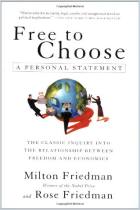
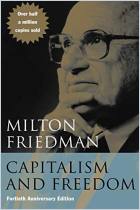
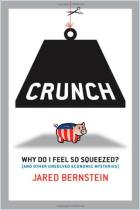
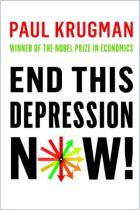
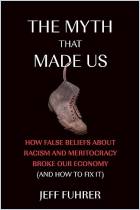
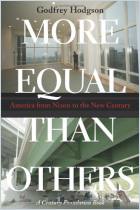



Comment on this summary or Iniciar a Discussão